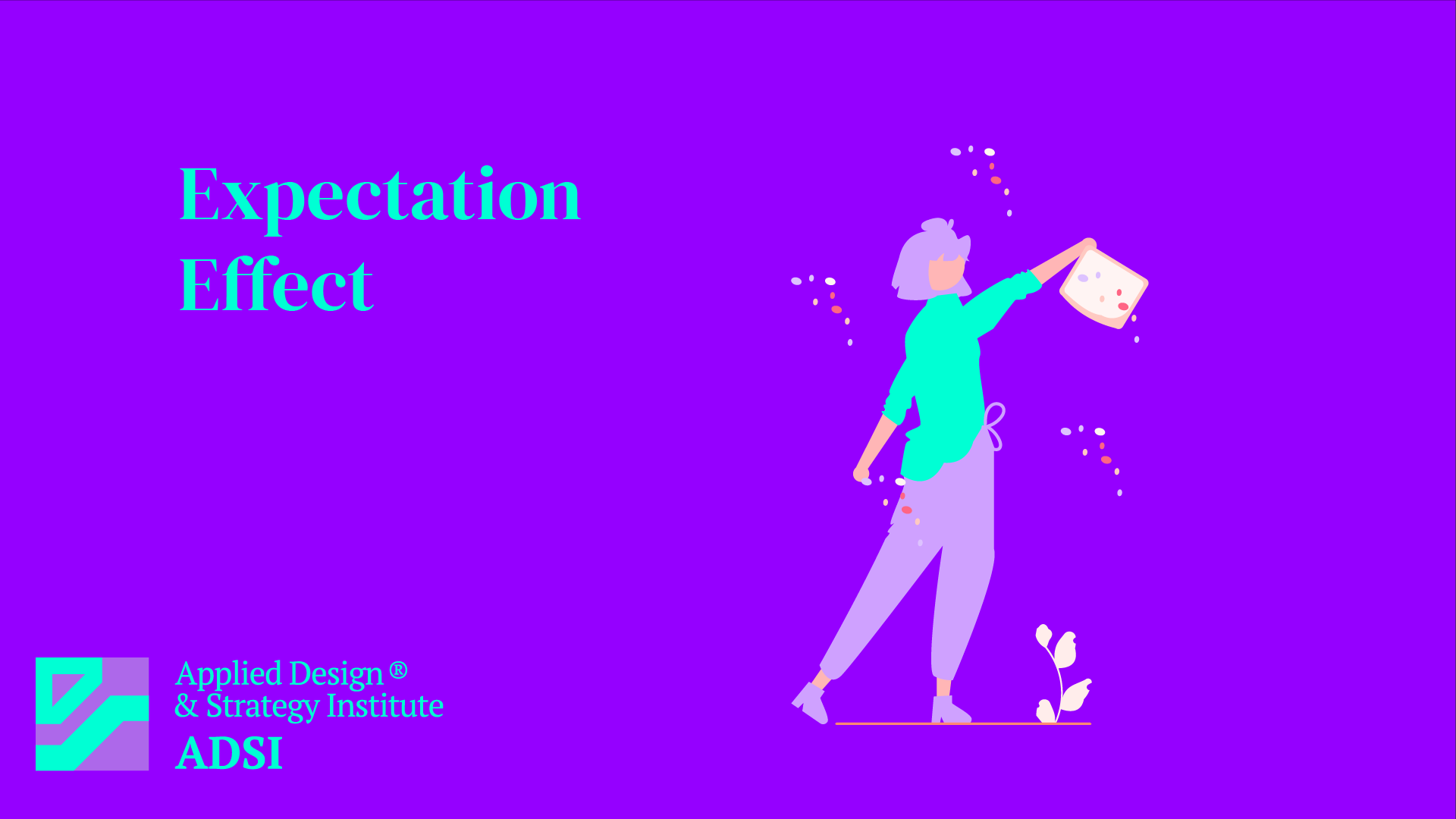Expectation Effect
Introduction to the Expectation Effect
The Expectation Effect, also known as the expectancy theory, is a psychological principle suggesting that an individual’s expectations about a situation or outcome can significantly influence their perceptions and behaviors, often leading to the fulfillment of those expectations.
Key Concepts of the Expectation Effect
- Self-Fulfilling Prophecy: This is a core aspect of the expectation effect where an individual’s belief or expectation about a situation leads them to act in ways that cause the expectation to come true.
- Placebo Effect: In medical science, the expectation effect is evident in the placebo effect, where patients experience real changes in their health after taking a treatment with no therapeutic value, simply because they expect it to work.
- Pygmalion Effect: In education and management, this effect demonstrates how higher expectations from teachers or leaders can lead to improved performance in students or employees.
Mechanisms Behind the Expectation Effect
- Cognitive Bias: Expectations can create a bias in how information is perceived and processed, leading individuals to pay more attention to data that confirm their expectations.
- Behavioral Changes: Expectations can subconsciously influence individuals to act in ways that will bring about the expected outcome.
- Psychological Feedback: Positive or negative expectations can affect morale, motivation, and self-esteem, further influencing outcomes.
Applications and Implications
- In Education: Teachers’ expectations can significantly impact student performance, emphasizing the importance of positive reinforcement.
- In Healthcare: Understanding the placebo effect can enhance treatment effectiveness and patient care.
- In Management: Managers’ expectations of their employees can profoundly affect workplace performance and morale.
Challenges and Ethical Considerations
- Managing Expectations: It’s crucial to balance expectations to avoid unrealistic or overly negative outlooks.
- Ethical Responsibility: There is a moral responsibility, especially in education and management, to prevent negative biases based on stereotypes or prejudices.
Conclusion
The Expectation Effect is a powerful force in shaping human behavior and outcomes. By being aware of its impact and consciously managing expectations, individuals and organizations can foster more positive environments and outcomes in various fields, from education and healthcare to management and personal development.



Leave a Reply